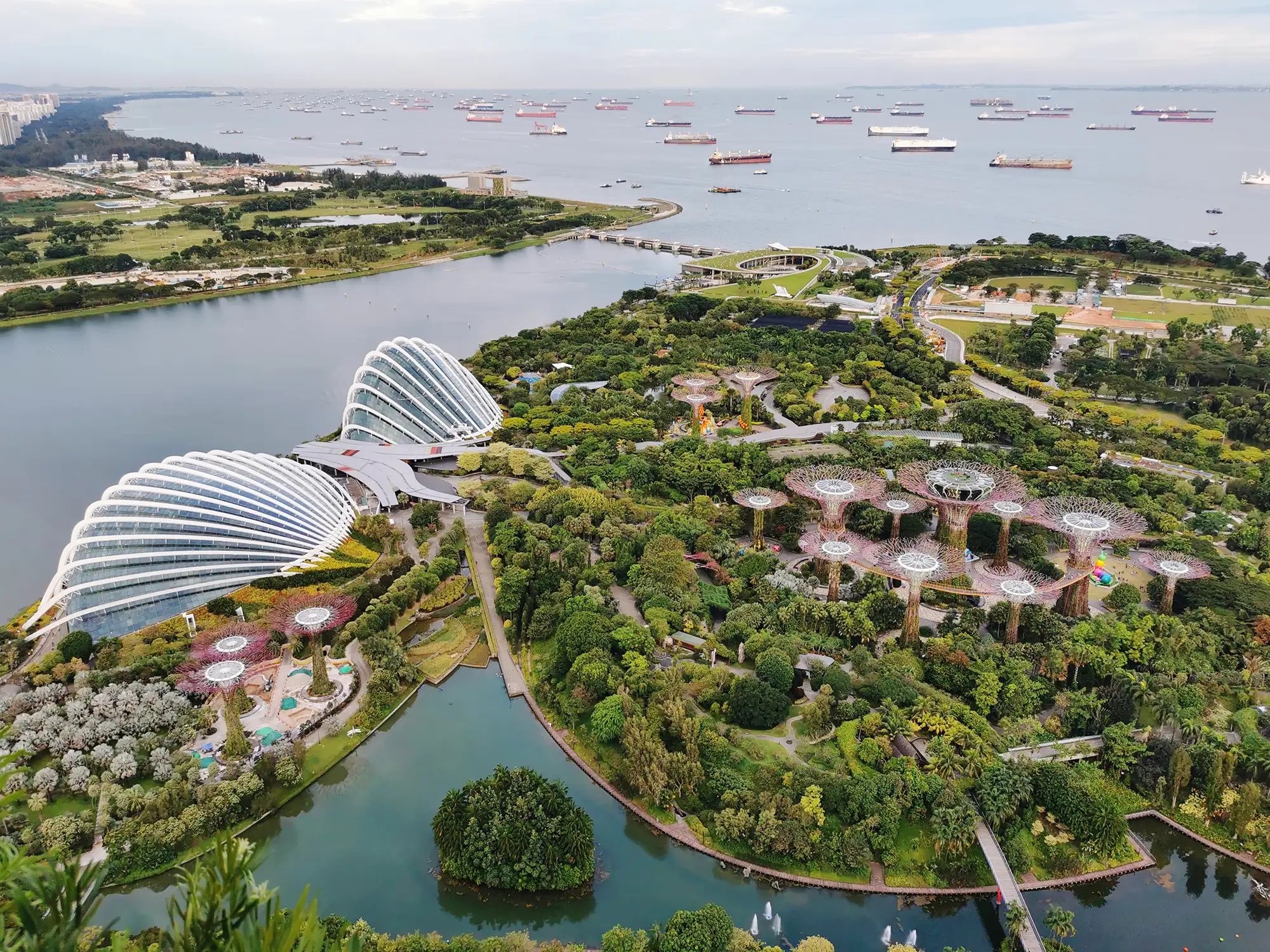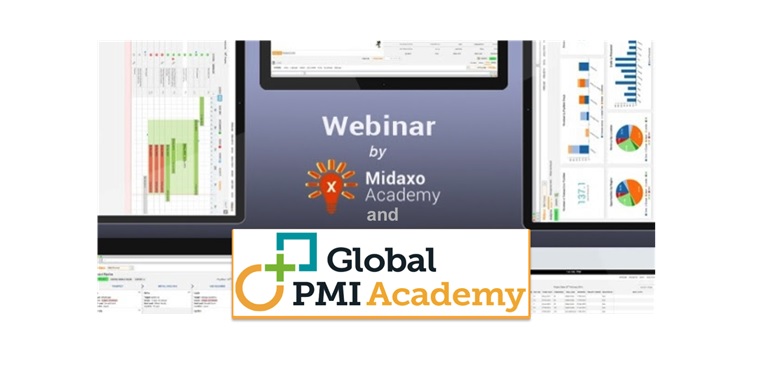Unlocking M&A Potential in ASEAN Series: Part 1 – Seizing Opportunities in Fragmented Markets
By Rob Kerr, Associate Partner, ASEAN at Global PMI Partners
This article is the first in a series exploring the promising landscape of mergers and acquisitions (M&A) within the Association of Southeast Asian Nations (ASEAN).
The ASEAN region comprises 10 countries and an estimated 690 million people as of February 2024, totalling 8.5% of the global population.
The series highlights how strategic M&A activities can enable businesses to capitalise on synergies, consolidate and expand their market presence and harness the collective potential of ASEAN’s burgeoning economies.
Our focus in Part 1 is the fragmented nature of many markets within ASEAN, and how this can be an opportunity. We will explore:
- Why ASEAN markets are fragmented
- Opportunities from fragmented markets
- How the business environment is improving
- Key strategies to successfully navigate M&A in ASEAN
Why ASEAN markets are fragmented
The developed economies of North America and much of Europe have had decades of increasing market concentration where a small number of firms now dominate – and where market authorities step in to promote continued competition. This has resulted in a significant reduction of industries that remain fragmented with no dominant player, or players, in the market. Whereas, many markets within the ASEAN nations remain highly fragmented and under-developed with numerous small and medium-sized companies vying for position and market share.
Factors causing fragmented markets are multiple and include:
- The ASEAN region consists of diverse countries with unique cultures, languages, and regulatory environments resulting in differences in consumer preferences and behaviours.
- The size and scale of populations and markets varies considerably, making it challenging for businesses to achieve economies of scale across the region.
- Differences in regulatory frameworks and business environments across ASEAN member states make it challenging for businesses to operate uniformly across the region even if there is a consistent demand for their product or service.
- Infrastructure development levels differ among ASEAN countries – or even within the same country – covering technology, transportation and communication networks.
- Historical influences and varying political systems have shaped distinct economic landscapes within the region.
Opportunities from fragmented markets
Whilst a fragmented market undoubtedly represents a challenging environment, as a potential acquirer it offers unique advantages and significant M&A opportunities which can include:
- In many instances the lack of a clear market leader means there is space to create one.
- Consolidation of smaller players to create economies of scale, enhance market share, and streamline operations.
- Investing in companies with growth potential, improving infrastructure, or leveraging local expertise.
- Focusing on building distribution networks and enhancing or controlling supply chains.
- Introducing technology to unlock untapped market opportunities as the region quickly digitises.
How the Business Environment is Improving
ASEAN countries are working towards greater economic integration through initiatives such as the ASEAN Economic Community (AEC), which is aiming to achieve a highly integrated and cohesive economy by 2025. Regular steps are being taken towards this goal, for example Vietnam joining ASEAN’s Regional Payment Connectivity initiative, which aims to enhance cross-border payment systems in the region, in August 2023.
Trade agreements within ASEAN and with external partners have improved cross-border trade and investment, encouraging companies to explore M&A opportunities beyond their home markets. Efforts to harmonise regulations and improve ease of doing business within ASEAN have reduced some barriers to M&A transactions, therefore creating an environment for where cross-border deals are more feasible.
In terms of movement of people, since 2002 the ASEAN nations have provided citizens of the bloc with visa-exemptions lasting from 14 to 30 days. The next step, currently in development, is an ASEAN Single Visa for visitors to the region – similar to the Schengen area in Europe – where one application is required to enter multiple member countries.
Whilst these improvements and goals should be celebrated, it must be noted there is a long path ahead to achieving full market integration, requiring ongoing collaboration and harmonisation of policies among member states.
Key Strategies to Successfully Navigate M&A in ASEAN
Whereas the regulatory framework across ASEAN is integrating, other aspects intrinsic to daily life such as language and culture will continue to vary. Equally, the degree of economic development and pace of change varies significantly. Optimizing M&A within this diverse environment involves considering unique challenges and opportunities. Key strategies include:
- Conducting comprehensive due diligence, including operational due diligence, to understand regulatory environments, local business practices, and potential risks specific to the fragmented market. Ensure outputs of due diligence are followed up and developed during integration planning.
- Flexibility in adapting business models to suit local needs. Consider what aspects should be fully integrated quickly, delayed to a later phase or kept separate entirely. Tailor products, services, or operations to align with the preferences and demands of the target market(s).
- Collaborating with local partners or experts familiar with the market to develop and execute an appropriate plan that navigates cultural, legal, and operational intricacies effectively.
- Building positive relationships with government authorities to navigate regulatory processes smoothly. Understand and comply with local regulations.
- Implementing robust risk management strategies to address uncertainties inherent in fragmented and developing markets, such as currency fluctuations, economic challenges and potential political instability.
- Investing in talent retention and development. At Global PMI Partners we always advocate this as an immediate priority. Local knowledge and skills, often in scarce supply, are critical for sustainable success in markets like those in ASEAN.
- Focusing on immediate technology requirements for business continuity before defining a long-term roadmap for technology needs. This also goes a long way to winning hearts and minds of the acquired team if they have a positive first experience during onboarding to key systems.
- Establishing a positive presence within local communities. Demonstrating a commitment to ESG principles of social responsibility can enhance the company’s reputation and relationships.
By combining the above strategies, acquirers can enhance the likelihood of successful M&A transactions in ASEAN’s fragmented markets whilst mitigating potential risks.
Conclusion
M&A benefits – including consolidating resources, reducing competition, streamlining operations and expanding market share – can be amplified in fragmented markets such as the those found in ASEAN. However, the additional complexities of this diverse landscape make it vital to conduct thorough market analysis and due diligence to pinpoint viable opportunities and mitigate risks. Developing a robust deal rationale should be followed by professional integration planning, and execution of that plan, to achieve a positive result and platform for future growth.
Rob Kerr is the Associate Partner, ASEAN, for Global PMI Partners, a specialist consulting firm supporting our listed company and private equity clients with their inorganic growth strategies and M&A integrations and divestments. We provide expert, on-demand M&A services and resources, leveraging our market leading M&A approach & methodology.
With a track record of over 500 operational due diligence, acquisition integration, divestment, carve out and growth projects utilising our global team of 400+ seasoned professionals, Global PMI Partners is adept at helping our clients achieve the desired value from both acquisition and divestment strategies.
Rob is based in Ho Chi Minh City, Vietnam.












